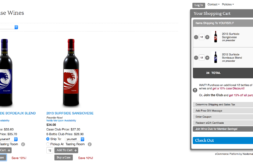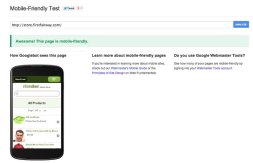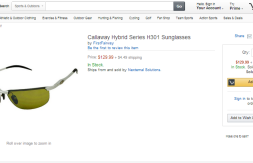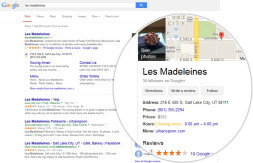Selecting an eCommerce Platform. Is Your Head Spinning?

Folks call us all the time to determine whether Nexternal might be a good fit for their new or ongoing business. In many cases they express a sense of being overwhelmed at how to select an eCommerce provider, and what things they should consider. Although many businesses will have their own special requirements, here are some factors that anyone contemplating an eCommerce platform should consider:
1. Features – does the software do what you need it to do, and does the software do what the salesperson said it will do? Generally speaking, the specific areas of interest for evaluating “features” include the following:
- a. Does the ecommerce platform help you pull traffic to your site? (Extent of SEO features, automated marketplace feeds, social media integrations, social sale functions, coupon and order sharing, email delivery capability, affiliate link and program capability, any features that help target promos only to new customers, does the platform limit how many products you can post or how much bandwidth you can use, etc?)
- b. Does the ecommerce platform help you convert the most shoppers to buyers and help you get all buyers to spend as much as possible in a single shopping session? (How many clicks does it take to place an order? How cumbersome or intuitive is the shopping experience? Is there a mobile solution for your customers’ convenience? Is it a passive shopping cart or does it interact with your customers to inform them about promotions? Does it steer them to featured products and prompt them to buy more? How extensive is the couponing and other promotional capability and does it match your marketing plans? Are customer reviews, automated review reminders and customer questions allowed, and can you suggest cross-sell products, etc?)
- c. Does the ecommerce platform allow you to easily and quickly process and fulfill orders, so you can spend more time on getting the next order? (Individual and bulk order creation and processing, payment gateway and real-time shipping integrations for rate calculations and label creation, automated customer notification emails, customer service functions allowed after an order is placed, split-shipment capabilities, back-order and pre-order capabilities, inventory management including items that are made up of several parts, such as gift baskets, and items that come in different variations, such as color and size, etc?)
- d. How effectively and efficiently does the ecommerce platform help you manage your business with reporting and integration capabilities that facilitate and streamline your marketing, accounting, customer service and other business management activities? (What third-party financial, CRM, and other programs is the software integrated with and is there an extra charge? Can you easily segment your customer database for targeted marketing? Can you run useful sales, tax and other reports required for running your business? Can you customize the reports and to what extent, does it integrate with Google Analytics?)

2. Service (dedicated account manager vs. generic service desk, response times, resolution times, does it cost extra, are the service folks knowledgeable and experienced or merely reading to you from a manual? What hours is service available and where are the service people located?) Many folks underestimate the value of service from their eCommerce provider until they can’t get it… and then it’s too late!
3. Reliability (server downtime and capacity, email issues if email is provided, responsiveness when there are problems?) Remember your online store will be on the eCommerce provider’s servers – check references carefully to determine historic uptime and whether they can handle your order volume.
4. Length of Term Contract – How easy is it to leave? (Is there a contract term and how long is it? Who is hosting your website and/or your product catalog and will you lose your entire website if you leave, or just your product pages? Can you easily move your URL off their servers and can you get your data out of their system in usable format, etc?)
This is by no means a comprehensive list of items to consider, but we hope that if you are thinking about selecting an eCommerce provider, you will find this a helpful resource.














